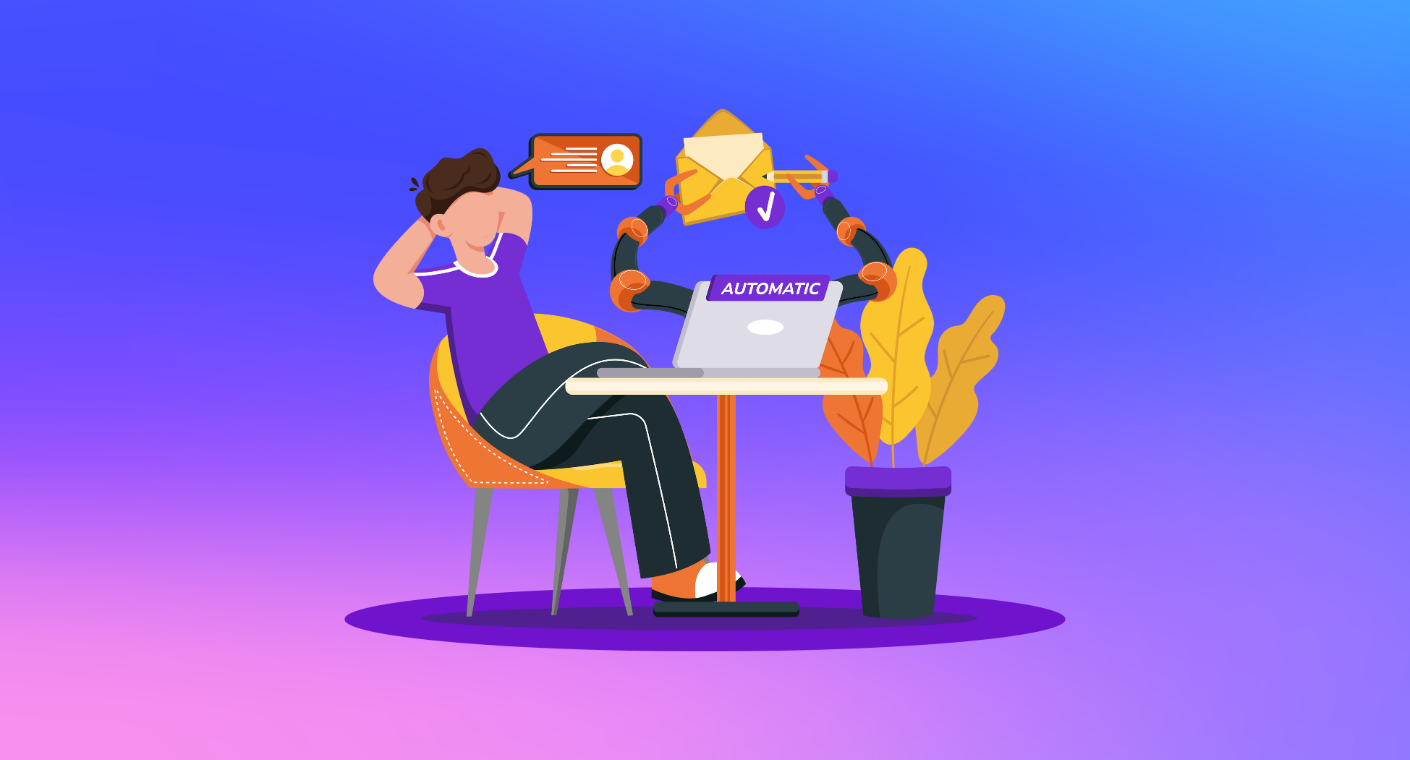AI is shaking things up in the job market. According to the World Economic Forum, AI is set to create a whopping 97 million new jobs worldwide—but at the same time, it will displace 85 million jobs.
There’s a plethora of articles and research showing that senior-level marketers are not going to be replaced. It’s difficult for AI to replace strategic, creative marketing because AI isn’t coming up with the next splashy idea for an out-of-the-box campaign. (Don’t believe me? Try asking ChatGPT to tell you some jokes.)
But the rote, manual work of marketing? That, AI can do. Think manual calendar management, audience segmentation, send-time set-up, and more—all traditionally in the wheelhouse of entry-level CRM marketers. So where does that leave them today? I’ll give you a hint: entry-level marketing isn’t disappearing, it’s just evolving.
Move From Execution to Orchestration
43% of marketing pros are using AI tools to automate tasks like tagging, basic copywriting, segmentation, and more. That means entry-level roles shouldn’t be about grinding through these monotonous tasks anymore. Instead, it must evolve into something closer to orchestrating and overseeing what AI does. Think of entry-level marketers as the conductor guiding an AI-powered orchestra rather than being one of the many musicians in charge of a single instrument.
AI Fluency Is the New "Must-Have" Skill
Junior-level CRM roles these days have AI as a requirement. The demand for AI literacy— whether that be prompt engineering or an ability to manipulate AI copilots—is booming, with a 177% growth in LinkedIn job descriptions since 2023. That’s nearly five times faster than any other skill being added to LinkedIn profiles.
Skills like prompting AI effectively, testing its outputs, and collaborating with AI systems are quickly becoming essential. After all, on its own AI can certainly hallucinate and spit out incorrect facts. It can also be quite obvious what it did or didn’t write. And sometimes, it even picks up on some weird nuances—like the (in)famous overusage of em dashes. And yes, I did put that em dash into the sentence myself (it wasn’t a machine!) because I’m a long-time em dash stan.
As these junior-level employees look to climb the corporate ladder, they’ll eventually move from just prompting, orchestrating, and testing AI to reviewing its outputs. For example, Da Vinci produces deep content performance insights, but humans need to take that data and decide how to apply it to other parts of the business, such as print, ads, and more.
The Rise of Hybrid Roles
But it’s not all constant, and sometimes uncomfortable, change. AI brings a new edge to the job market with hybrid roles that mix marketing creativity with technical skills and AI know-how. Roles that require you to be part artist, part data whiz, and part AI expert are appearing everywhere. With generative AI boosting productivity like never before for junior employees, even those fresh in the field can rapidly up their game and create high-quality work—turning the old experience advantage on its head.
In short: AI isn’t here to replace entry-level marketers, but it’s definitely changing what entry-level marketing looks like. If you’re starting your marketing career, embrace the tech, learn to work alongside AI, and keep sharpening those skills that machines just can’t nail. Your future job? Less about boring pencil pushing. More about working with AI and growing quickly into strategic marketing roles.



.png)
.png)
.png)
.png)
.png)



